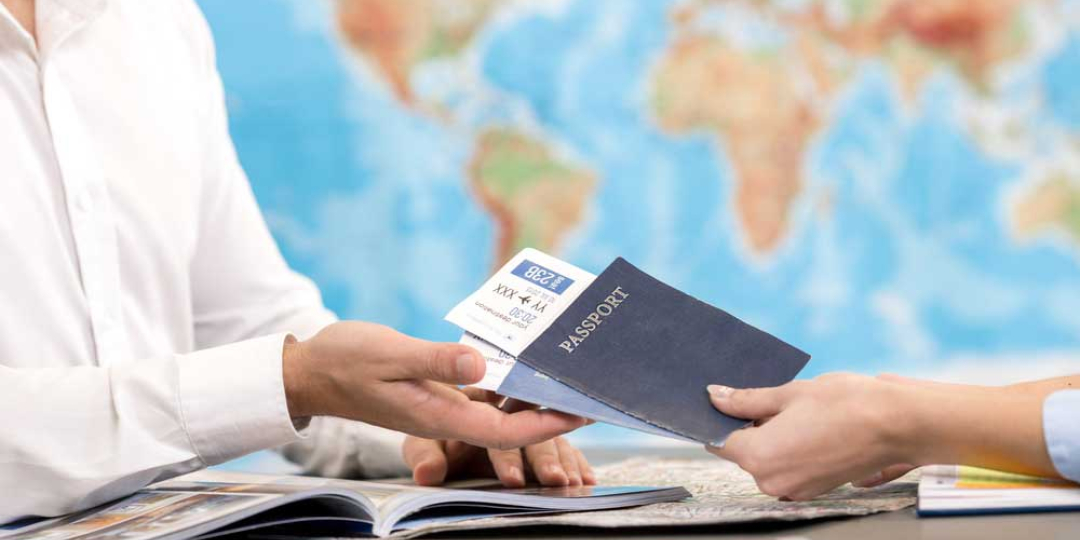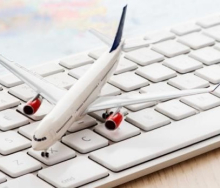Travel agents are working increasingly long hours to accommodate an influx of clients as travellers revert to the ‘old school’ practice of consulting travel advisors rather than booking online.
This is in the wake of the COVID-19 pandemic that has left travellers wary of navigating complex restrictions and the implications of flight delays and widespread airport chaos.
Virtuoso, a travel network with more than 20 000 travel advisers globally, has seen a 50% increase in demand in the last year alone, with millennials and members of Gen X (generally defined as those born between 1965 and 1980) the fastest growing portion of new clients.
The American Society of Travel Advisors, which comprises 17 000 members, reports that 76% of advisers are seeing a jump in demand for their services of late, and elite travel companies say that they are actually turning away clients due to high demand, according to The New York Post. Fischer Travel, which charges a US$100 000 (R1,6m) one-time membership fee, along with US$25 000 (R411 000) annually, is an example.
But will travellers stick to this trend of relying on consultants when travel returns back to ‘pre-pandemic normal’ standards?
Rachael Penaluna, Business Manager of Sure Maritime Travel, points out: “The motivation [to use travel agents] is not just pandemic-related, but also for the want to get better fares, have more control over bookings in the event of changes or unforeseen events, handling of purchasing travel insurance, support for visas, and procuring deals on packages and accommodation.”
According to Sue Garrett, Flight Centre Travel Group GM Supply, Pricing and Marketing, travel advisers are indeed seeing a massive increase in business of late.
“This has been driven on the back of COVID-driven confusion around travel, such as how to get refunds for cancelled flights. People are definitely more willing now to speak to a person to get peace of mind, since travelling is so confusing,” Garrett explains.
“The process of getting so much information from various sources is daunting, and it’s far better to sit down in front of someone and get guidance and advice,” she says.
COVID a continual catalyst for change
Not only did the global COVID pandemic drive countries to enforce strict restrictions at their borders that left travel agents working double time to navigate, but the pressure on the travel industry as a whole had an effect on the stability of airlines as well, such as the June liquidation of Comair.
“A lot of people have been left in the lurch with airlines cancelling flights and liquidating,” Garrett adds. “People are very nervous with the unease of travel in general and how reliable booking flights without a travel agent can really be.
“We are seeing a lot of people come through for advice on airports issues in the UK and Amsterdam,” she points out, adding that ongoing lengthy delays with receiving visas adds to travellers’ uncertainty and willingness to partner up with a travel adviser as a failsafe.
These are all factors that drive all people to rely on travel agents in a post-pandemic landscape, and especially young travellers who are only just beginning to travel the world on their own and need guidance. As for how long the heavy dependency on agents will last, opinions differ.
“It’s difficult to say, but I think that once they have ‘tasted’ the efficacy and reliability of service and the concept of palming off responsibility for their travel arrangements and budget to a travel agent, I don’t believe they will book online again in a hurry,” Penaluna believes.
“How long will it last? None of us know,” Garrett admits. “But people have very short memories. Once things get back to some level of normality, who knows? It’s so multi-faceted and complex.”














